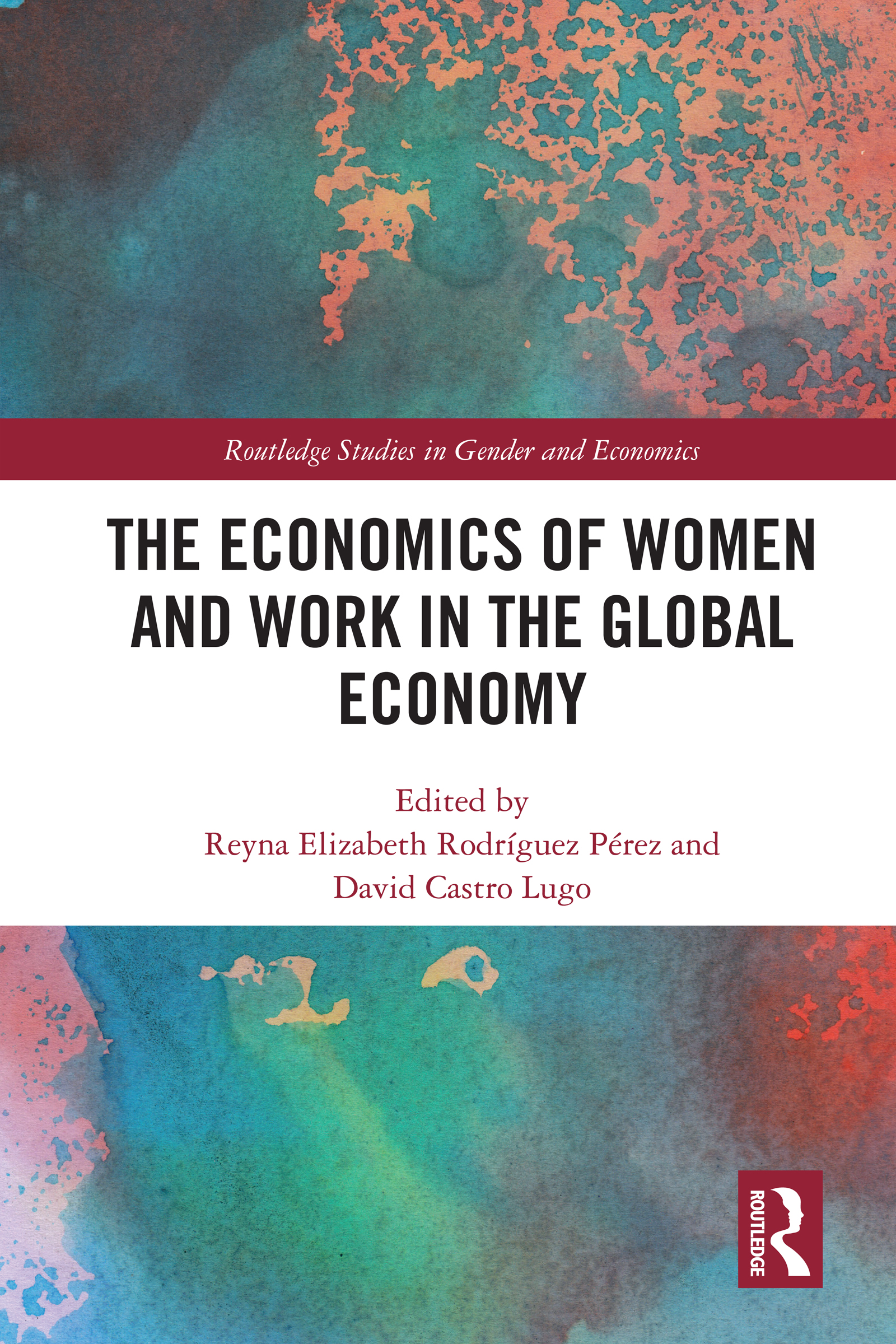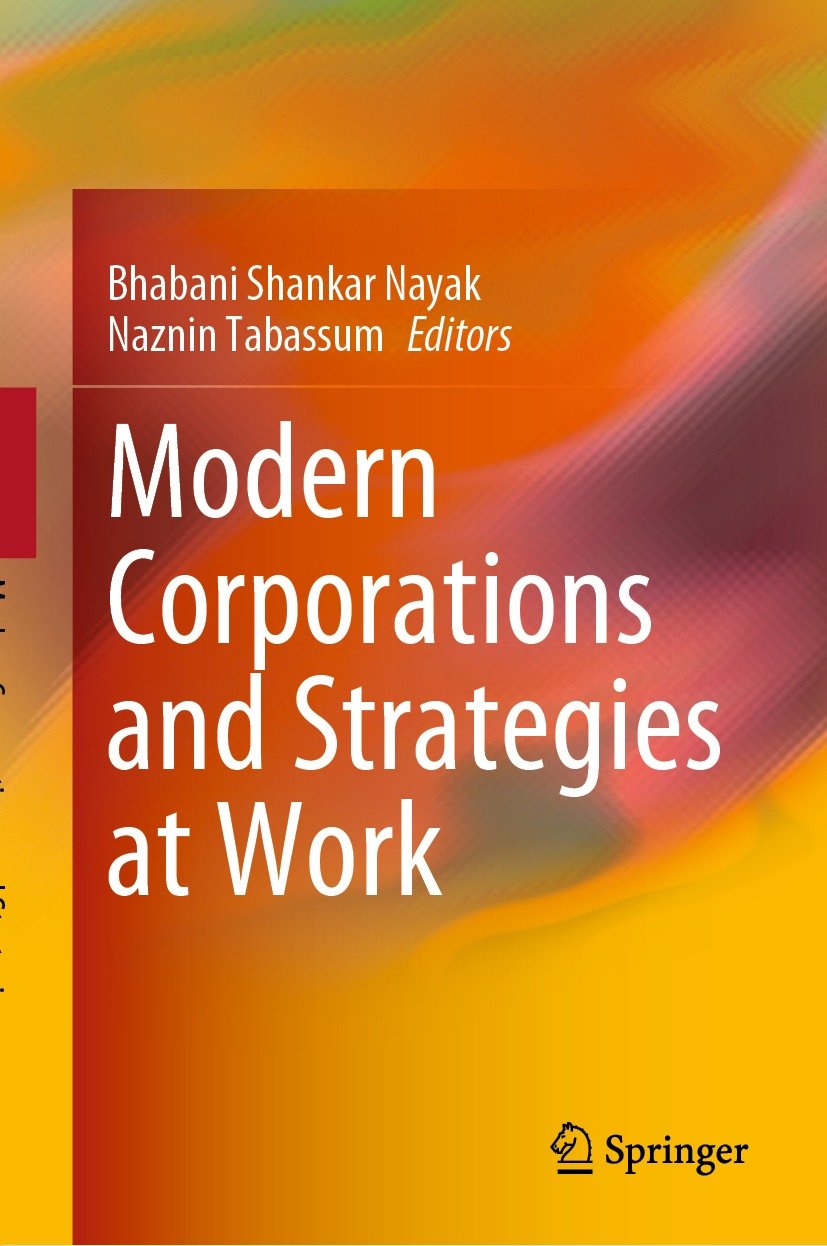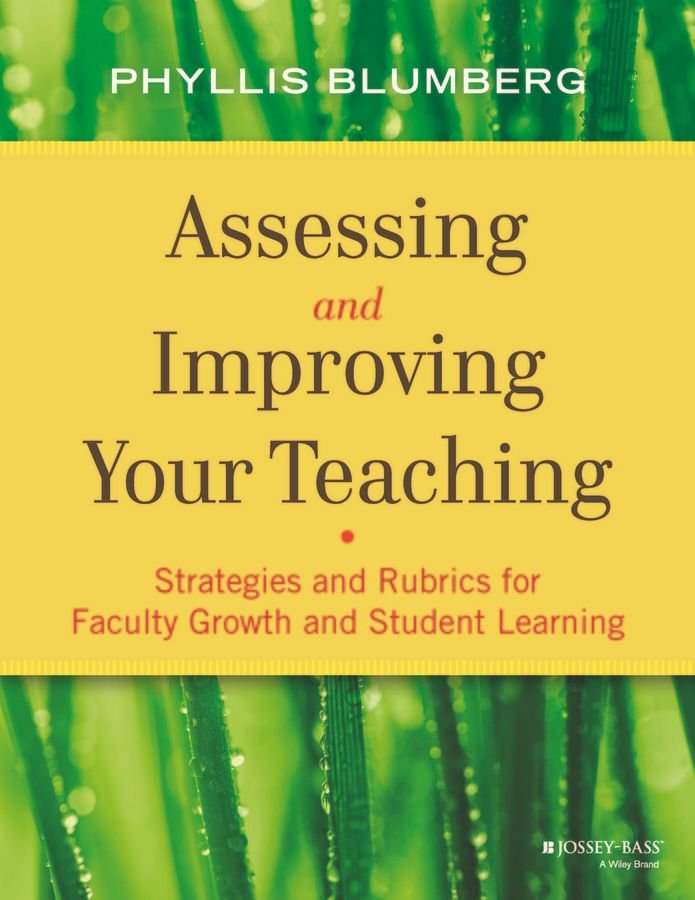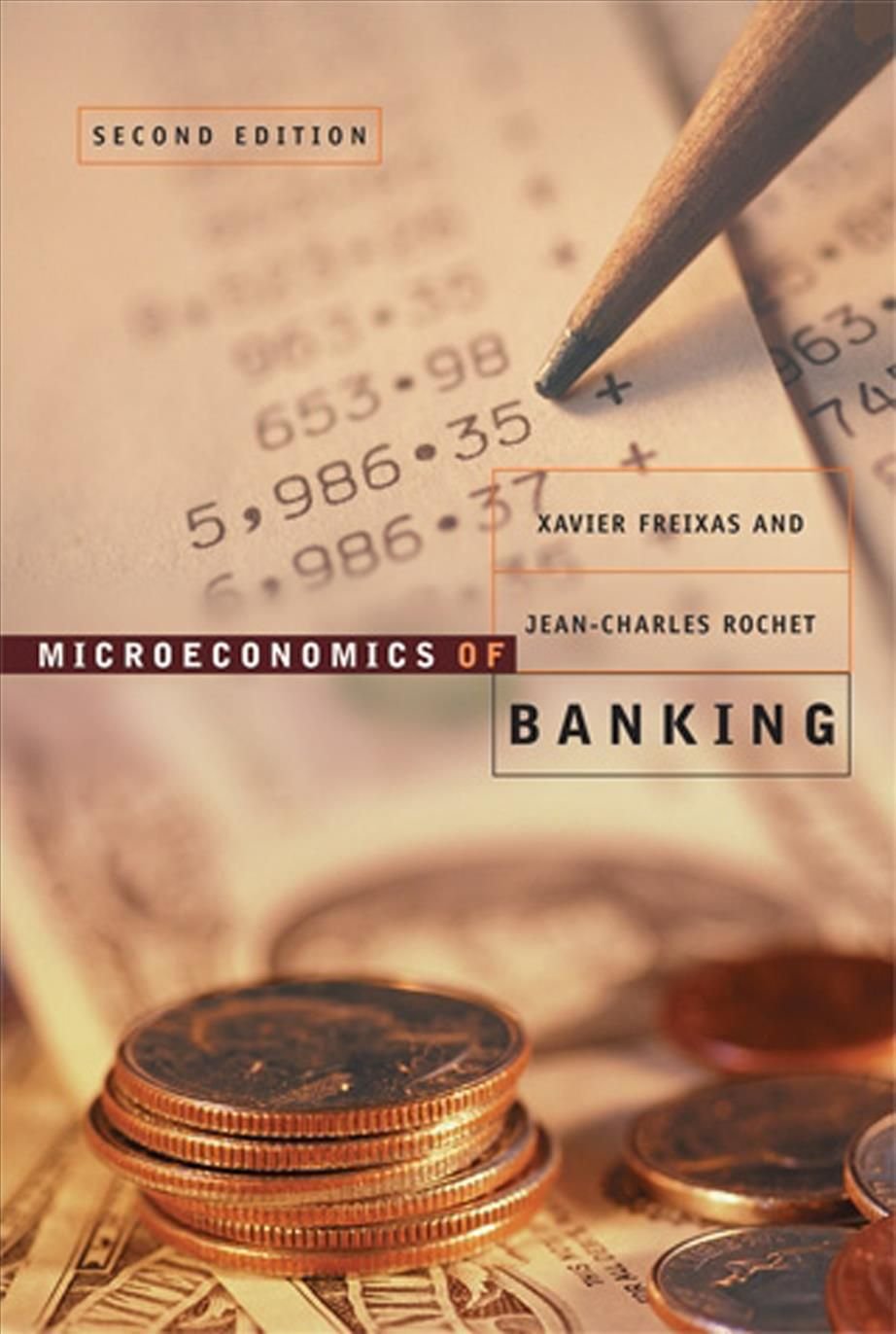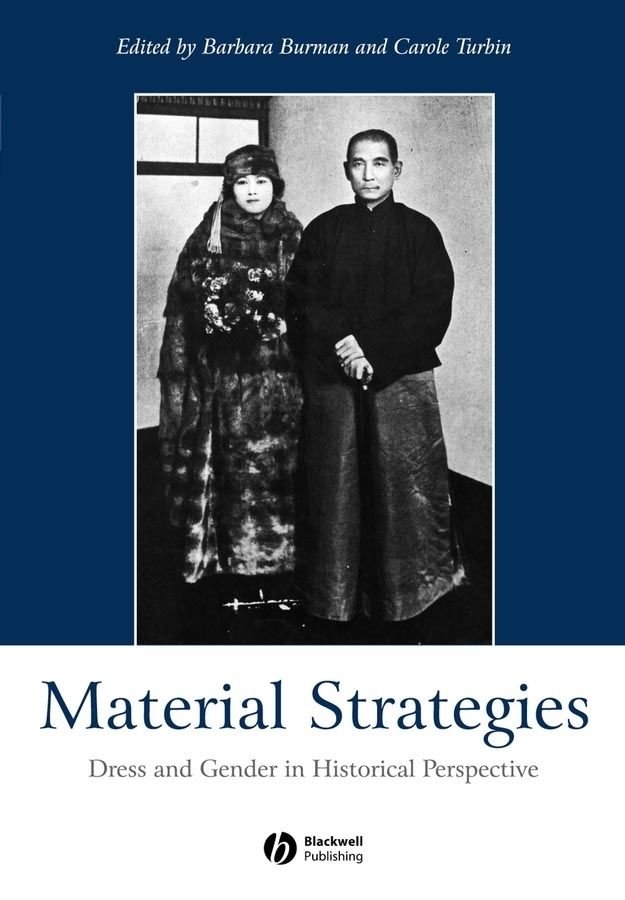This book offers an analysis of the key issues faced by women in the labor market in the 21st century. It identifies the factors that inhibit women’s participation in the labor market, studies occupational segregation by gender and analyzes labor transitions, questioning whether the experience for men and women differs. It also explores the effect of entrepreneurship support programs on women’s economic and social positions, as well as the public policy implications of women’s entry into the labor market. The book investigates working women in Mexico and also offers comparisons with countries such as Spain and developing countries within Eastern Europe. It explores a variety of topics, from a gender perspective, such as labor participation, the feminization of poverty, migration, wage gaps, changes in employment, informal work programs and public policy. Finally, the book offers a topical and timely analysis of the COVID-19 pandemic, tracking the gender inequalities among men and women in labor markets. The main market for the book is the global community of academics, researchers and graduate students in the fields of economics and, specifically, in the study of the labor market from a gender perspective. It will also be beneficial to government institutions responsible for the creation of public programs and policies, as well as non-governmental and non-profit organizations.
